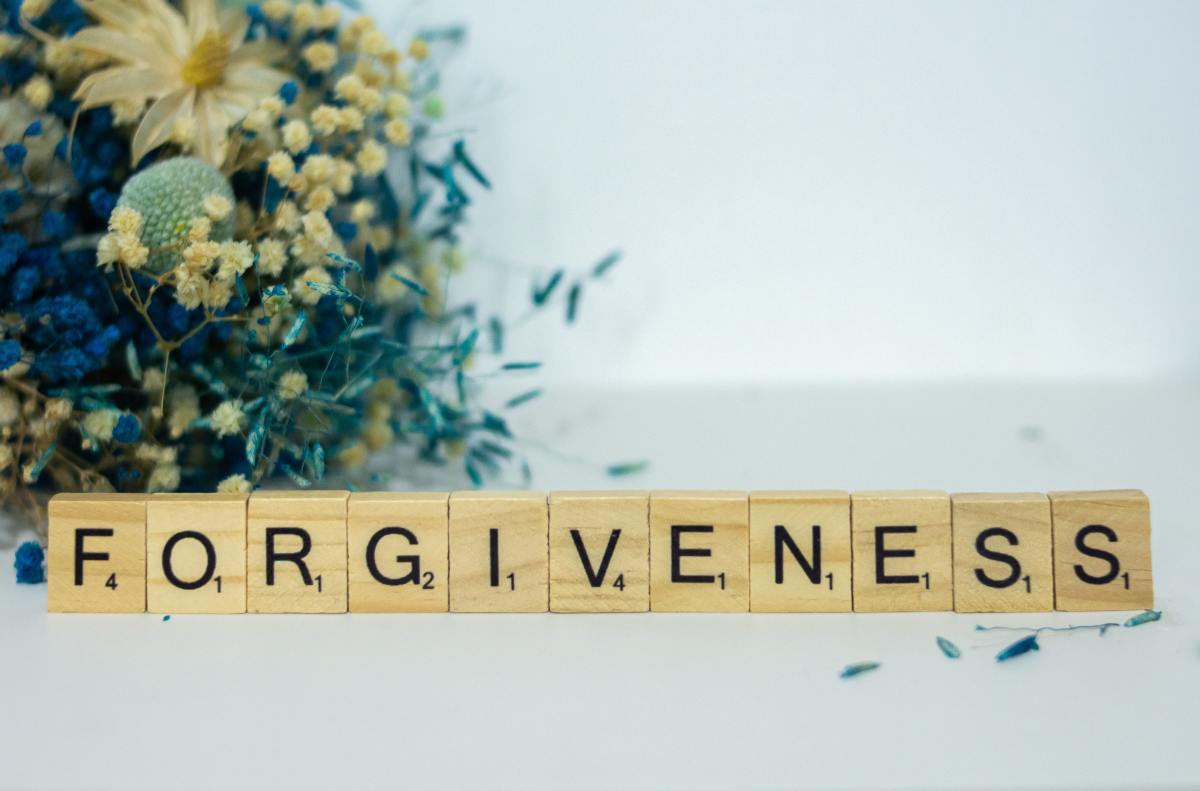How to Take the First Step with Steps to Forgive Someone Who Has Wronged You
How to Take the First Step with Steps to Forgive Someone Who Has Wronged You
Blog Article
Understanding the Significance of Mercy in Healing Relationships
Forgiveness is usually watched as a simple act of letting go, yet its value in healing connections expands far beyond mere absolution. It offers as a vital system for emotional launch, enabling people to browse the complexities of discomfort and resentment. Comprehending the nuanced differences between mercy and reconciliation can light up the course towards much healthier communications. As we check out the complex benefits of forgiveness, one must take into consideration exactly how these principles can transform not just personal relationships however likewise the wider social material. What continues to be to be uncovered is the extensive influence forgiveness can have on individual development and common consistency - The importance of forgiveness.
The Definition of Forgiveness
Although mercy is frequently perceived as a straightforward act of letting go, its interpretation includes a complex interplay of emotional and emotional processes. At its core, forgiveness is the conscious choice to release sensations of animosity or revenge towards an individual or group that has actually created harm. This procedure is not just about discharging the offender; rather, it entails an extensive psychological makeover that can bring about personal development and healing.
Mercy is diverse, often defined by a person's interior struggle to integrate their pain with the wish for tranquility. It calls for acknowledging the misdoings committed, refining the connected emotions, and ultimately choosing to progress without the worry of bitterness. This option frequently requires a cognitive shift, where one reframes their understanding of the disobedience and the wrongdoer, permitting empathy and comprehending to emerge.
Notably, mercy does not indicate condoning the actions or neglecting the offense; it is a calculated act that prioritizes psychological wellness. By defining forgiveness in this way, we can appreciate its duty in promoting healthier relationships and fostering psychological strength, establishing the stage for much deeper expedition into its benefits.
Psychological Advantages of Mercy
Forgiveness uses substantial emotional benefits that can exceptionally influence an individual's mental health and wellness and overall health. When a person chooses to forgive, they proactively launch feelings of anger, temper, and bitterness, which can otherwise create a heavy psychological problem. This release typically results in a reduction in anxiety and stress and anxiety, promoting a feeling of peace and emotional security.
Additionally, forgiveness promotes an enhanced ability for compassion and compassion. By understanding the point of view of the offender, people can grow a much deeper psychological resilience, which boosts their capability to manage future challenges. This procedure not only enhances psychological regulation however additionally adds to a much more positive outlook on life.
Furthermore, flexible others can reinforce one's self-confidence and self-respect. It enables individuals to reclaim their individual power, damaging without the negative official source cycles of victimhood - The importance of forgiveness. This newfound empowerment can cause healthier emotional responses and stronger interpersonal connections
Forgiveness vs. Settlement
The distinction between mercy and reconciliation is critical in understanding the dynamics of recovery connections. Forgiveness is my website an inner procedure where a specific selects to allow go of resentment and unfavorable feelings towards a person who has actually created damage. It is mostly a personal journey, concentrated on emotional release and self-healing, allowing one to relocate ahead without carrying the worry of past grievances.
In comparison, settlement entails restoring and restoring the partnership to a state of count on and mutual respect. This process often calls for open interaction, active involvement from both celebrations, and a dedication to dealing with the underlying problems that brought about the dispute. While mercy can take place independently, settlement demands the determination of both people to participate in dialogue and work towards a common understanding.
It is essential to keep in mind that mercy look at this website does not always lead to reconciliation. A person may forgive one more without choosing to recover the connection, particularly if count on has been irrevocably damaged or if the connection is deemed unhealthy. Recognizing this difference enables people to navigate their feelings successfully and make notified choices regarding their relationships.
Actions to Grow Forgiveness
Growing mercy is a purposeful procedure that involves several essential steps aimed at promoting emotional healing. The very first step is recognizing the discomfort caused by the infraction. Identifying one's sensations is essential, as it allows individuals to process their emotions really.
Following, assessing the case and recognizing its effect can provide clarity. This reflection ought to include examining the motivations behind the transgressor's activities and acknowledging that every person is fallible.
The 3rd step entails making an aware choice to forgive. This choice is crucial, as it represents a determination to allow go of animosity and move on.
Ultimately, revealing sensations in a positive way can be advantageous - The importance of forgiveness. Whether through journaling, speaking with a relied on friend, or looking for treatment, articulation of emotions can aid in the mercy journey
Real-Life Examples of Mercy

In one more example, a close-knit group of friends faced a significant break after one member inadvertently shared an exclusive secret. Instead of harboring animosity, the affected pal decided to forgive, recognizing the relevance of valuing the relationship over the mistake. This choice encouraged open discussion and ultimately strengthened their connection.

Verdict
In conclusion, forgiveness plays a critical function in the healing of relationships by promoting the launch of adverse emotions and cultivating compassion. By differentiating between forgiveness and settlement, individuals can engage in a positive process that improves emotional health.

Report this page